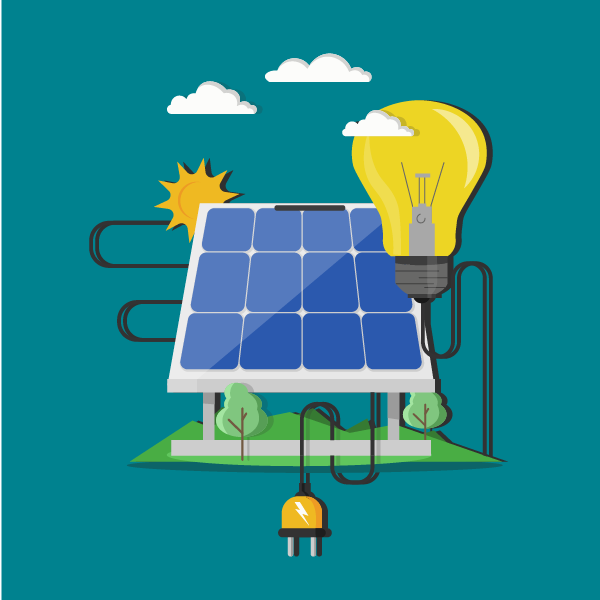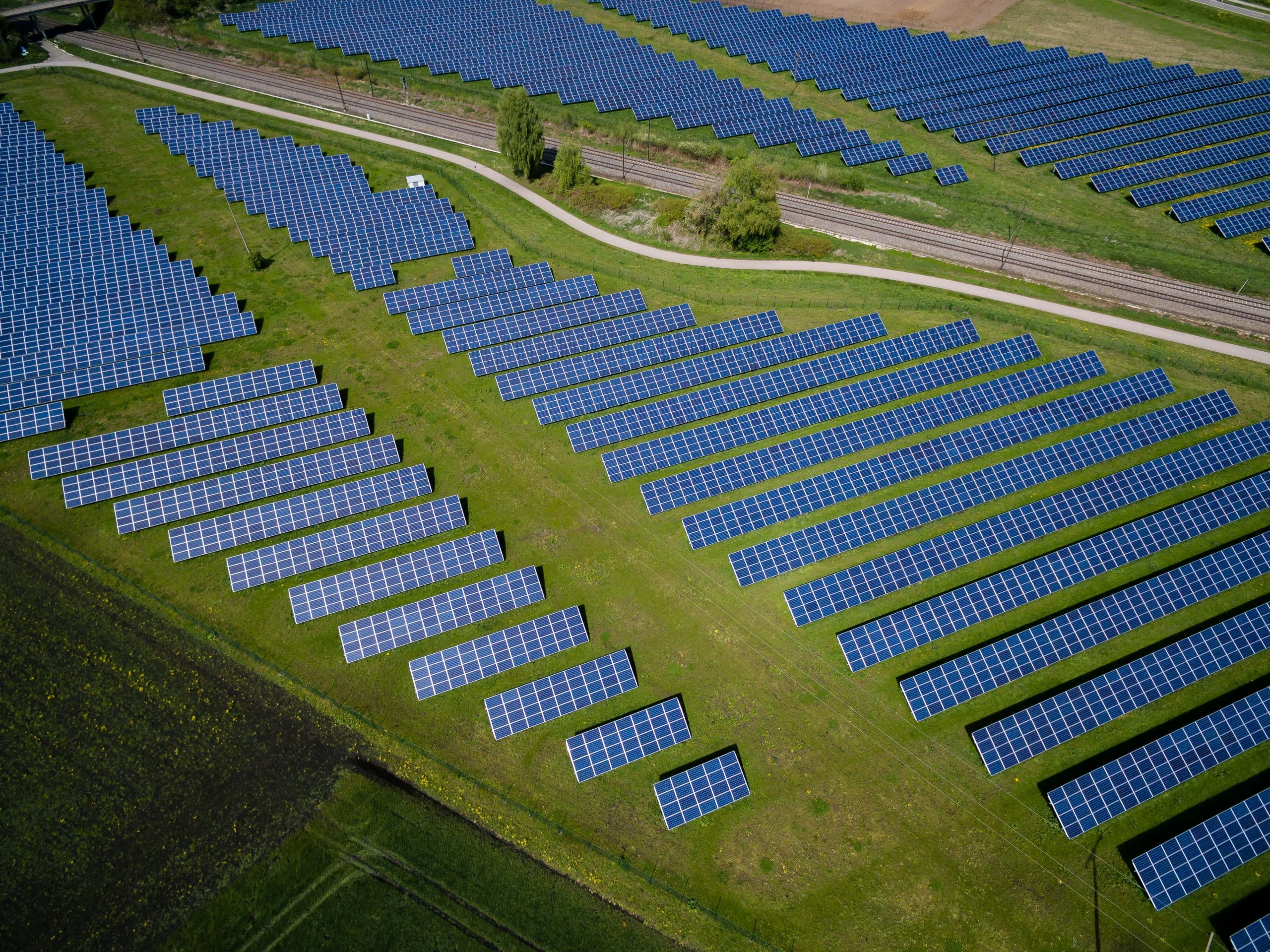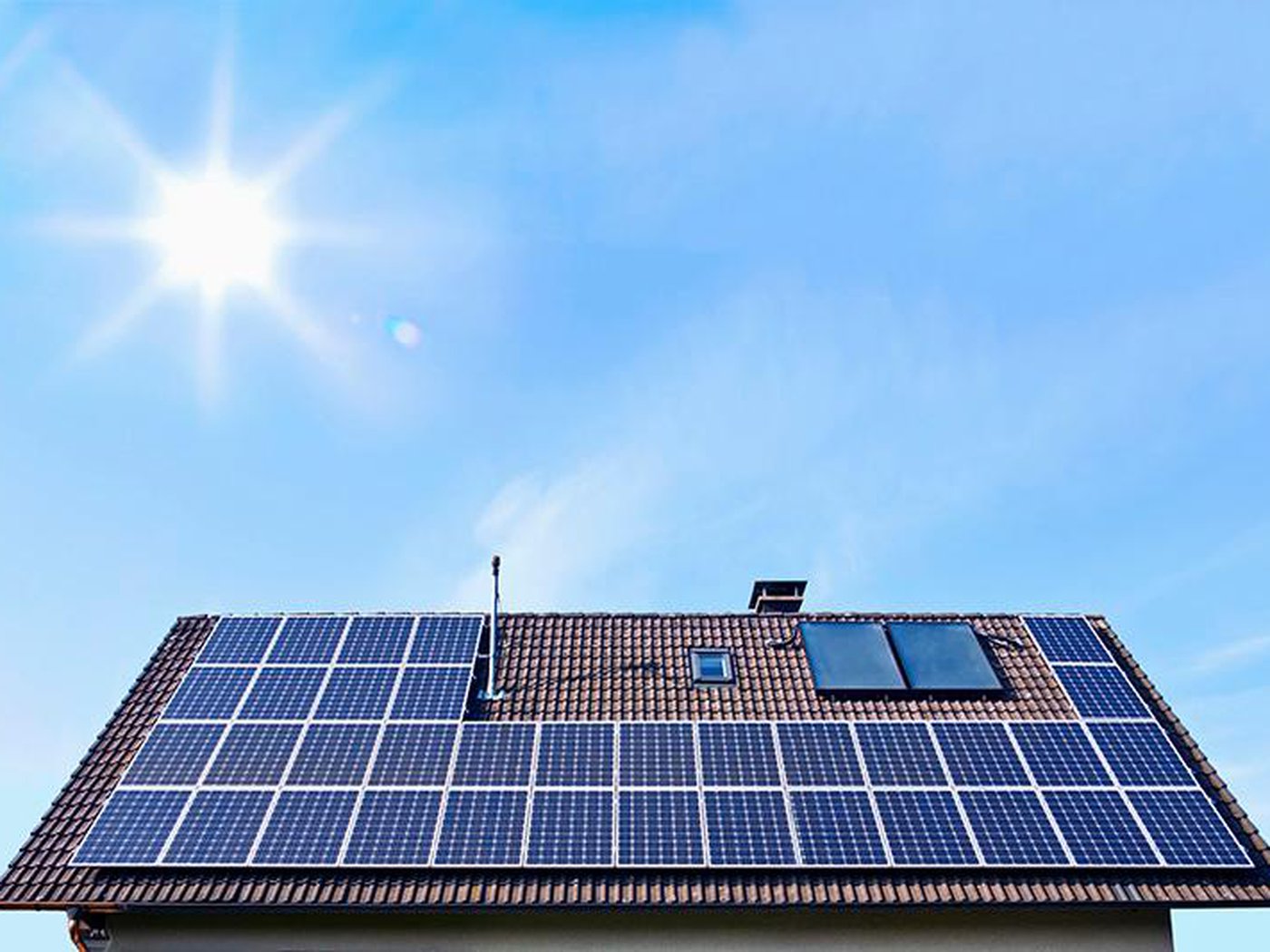
The Pros and Cons of Solar Energy
Solar panels are an excellent way to generate electricity from sunlight. They convert solar energy directly into electricity. In winter, they can be used to heat homes and businesses, and they can be used to produce hot water. They can be used for large power plants and even as a means of energy storage for emergency backup power. These technologies have become increasingly popular as a viable alternative to traditional power plants, and many people are turning to them to meet their growing energy needs.
Solar energy is a great source of energy, but not everyone can take advantage of it. Not everyone lives in sunny climates, and the availability of the sun can vary wildly from region to region. Some places, like Alaska, have long winters, which makes it difficult to use solar power. If you live in a place with low sunlight levels, plan accordingly and make sure your system has plenty of backup batteries. This way, you can be sure you won’t have to worry about running out of electricity when the sun doesn’t shine.
The cost of solar installation is fairly straightforward. You should contact a solar installation company for a quote. The key to solar energy is calculating the amount of subsidies you will receive from the government. While this can be challenging, there are currently some current incentives available from the U.S. government. In the past, this tax credit could be worth up to 30% of the cost of the system. But it is important to remember that the cost of solar installation is not the only factor in your decision.
The costs of solar installations are relatively low. You should be able to get an estimate from a solar installation company. The cost of solar panels is a large factor, so make sure you have a budget in mind before choosing a new energy source. When comparing solar prices, keep in mind that solar panels are more expensive than traditional energy sources. So be sure to check the pros and cons of solar before making the final decision. And remember, if you find a cheaper option, opt for it.
You can choose between solar and wind energy. There are pros and cons of each. While solar is a great alternative to traditional energy sources, it does come with its own set of drawbacks. Some people will not want to switch from conventional energy sources, and others may not be able to afford the higher cost. A few pros and cons of using a solar energy source include the fact that you’ll need to consider whether you can afford the savings and time it will take to pay off.
There are several downsides to solar energy. First, it costs money. It isn’t as efficient as a traditional power source. Additionally, it’s more expensive than solar energy. And second, you’ll have to deal with the weather. It’s best to choose a location that gets plenty of sunlight. This way, you won’t need to worry about the sun’s weather. So, the best option is to install solar panels on your roof.
In addition to solar energy, you can also use concentrated solar energy to power devices in remote locations. A solar concentrator uses mirrors and lenses to concentrate sunlight into a narrow area and uses the heat to heat a fluid. You can then use this heated fluid to generate electricity or power other processes. This method is commonly known as a “solar furnace.” There are different types of these furnaces, but all of them utilize the same general method of collecting solar energy.
Another consideration for solar energy is the cost. It can be expensive to install. However, a solar power installation will help you save money and the environment. The cost of solar energy will depend on the weather, but it is worth it in the long run. Depending on where you live, solar power can be an excellent way to save money. If you live in sunny regions, the sun can be a great option for you. A solar plant in a sunny location can be a great source of renewable energy.
Considering the amount of solar energy that is reflected from the surface of the earth, the benefits are enormous. The energy generated from sunlight is stored in batteries and stored as heat, which can be used for electricity production. Further, the sunlight can be converted into electrical energy by photovoltaic panels. These technologies have many applications, and they can be easily installed in the open space of a building or a roof. They can be applied anywhere, but the best solution is in a rural area.




